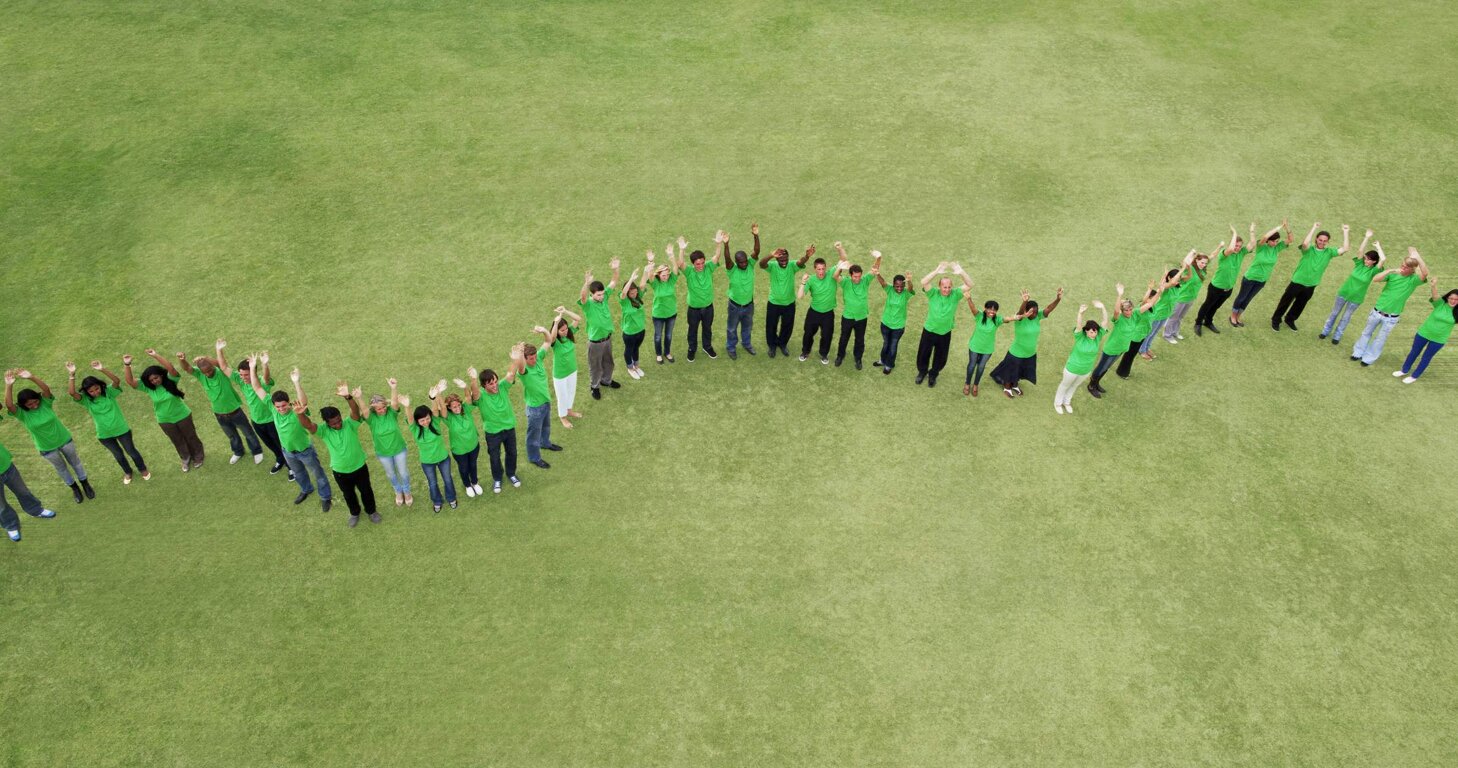© LAPIS s.r.l. | Università degli Studi di Napoli Parthenope | Dipartimento di Ingegneria Industriale
Mission
LAPIS Laboratory aims is to contribute to the advancement, development and dissemination of scientific and technical knowledge in the field of planning, design, implementation, operation, maintenance, safety of goods and services production systems and logistics with the the goal of fostering the creation of a lean, smart and sustainable.
Innovative Solutions
LAPIS Laboratory aims to contribute to the innovation of processes, products and business models through the most modern tools for the study of production processes, logistics systems, their their management, maintenance and safety. The availability of both software models for simulation and hardware models in the laboratory allows for analysis from a multidisciplinary point of view the performance of production "systems." The peculiarities of the activities carried out contribute to strengthening the link between the academic field of manufacturing and services while also fostering the integration of graduates into the world of work.
Research Activities
Main research activities that take place in the LAPIS laboratory:
- Analysis and design of industrial plants and production systems (of products and services)
- Analysis and design of general plant services
- Analysis and design of manufacturing processes and technologies
- Ergonomic and safety design of production systems
- Environmental management of production systems (of products and services)
- Design and integrated management of sustainable production logistics supply chains
- Optimization and automation of production systems

OUR COMMITMENT TO THE DIGICIRCULAR TRANSITION
In the face of the limitations of the linear, made even more obvious by the pandemic,
digital can be a lever for accelerating sustainability processes related to the circular economyWe now need to figure out how to move from a qualitative to a quantitative approach. A complex issue that requires a comprehensive approach.
In this context, the LAPIS Laboratory is committed to carrying out its research and study activities with a focus on environmental issues and technological innovation, while respecting the rights of future generations by following the United Nations guidelines (i.e., the 17 Sustainable Development Goals that make up the 2030 Agenda).
We develop innovative models to reduce the impact of production systems to generate long-term economic growth, and live up to environmental and social expectations. We research techniques and methods that can be applied in manufacturing settings to reduce energy needs, decreasing waste and promoting sustainable innovation.
We have a grand plan: to build a sustainable future.
©Laboratorio LAPIS | Università degli Studi di Napoli Parthenope | Dipartimento di Ingegneria Industriale
